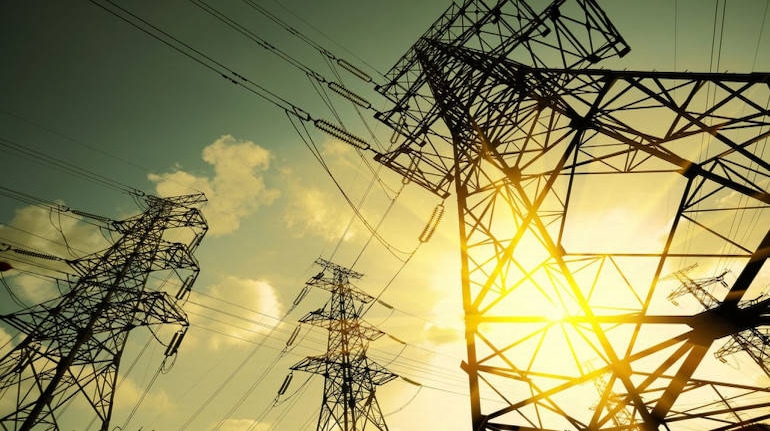



Implementation of electricity rules such as late payment surcharge (LPS) in 2022 has yielded significant improvements in the recovery of outstanding dues from suppliers, including generating and transmission companies, the Ministry of Power announced on July 27.
The total outstanding dues of states, which stood at Rs 1,39,747 crore as of June 30, 2022, were reduced to Rs 69,957 crore through timely payments of 12 EMIs. Additionally, the distribution companies are now making prompt payments of their current dues to avoid falling under the regulatory provisions of the rule.
According to industry data, in June last year, dues of power distribution companies' (DISCOMs) stood at Rs 1.39 lakh crore when the LPS scheme was launched. The discoms' total outstanding dues in May 2023 stood at around Rs 93,000 crore according to the PRAAPTI (Payment Ratification And Analysis in Power Procurement for Bringing Transparency in Invoicing of Generators) portal.
Among the states, Maharashtra, Tamil Nadu, Karnataka and Rajasthan have the highest amount of with outstanding dues.
According to the PRAAPTI portal, as of June 30, 2023, the discoms owe Rs 44,386 crore to suppliers.
To address the cash flow problems arising from outstanding receivables of power generating companies, the Union government introduced the Electricity (Late Payment Surcharge and Related Matters) Rules, 2022, on June 3, 2022. These rules require discoms to clear their legacy dues in equated monthly instalments without incurring a late payment surcharge.
It also established a payment security mechanism to ensure prompt clearance of current dues. Failure to comply may lead to access withdrawal and power regulations. The discoms can avail loans from PFC Ltd and REC Ltd to clear their dues to power generating companies, boosting financial stability in the power sector value chain.
Over the past three years and in the current year so far, there has been a notable increase in electricity consumption in the country. To address the increasing need for power, various projects are under construction as of June 30, 2023:
Looking ahead, there are plans to add 22,840 MW of additional coal-based thermal capacity by 2030, with 15,300 MW under the central sector and 7,540 MW under the state sector. These initiatives aim to ensure a continuous and sufficient power supply to meet the country's growing energy needs.
Union Power & NRE Minister, R K Singh said that there is adequate generation capacity is available to meet the electricity demand in the country.
According to the Electricity Act, 2003, power generation is a de-licensed activity. Generating companies can establish and operate stations without a licence, except for hydro-generating stations, which require approval from the Central Electricity Authority (CEA).
Discover the latest Business News, Sensex, and Nifty updates. Obtain Personal Finance insights, tax queries, and expert opinions on Moneycontrol or download the Moneycontrol App to stay updated!
Find the best of Al News in one place, specially curated for you every weekend.
Stay on top of the latest tech trends and biggest startup news.